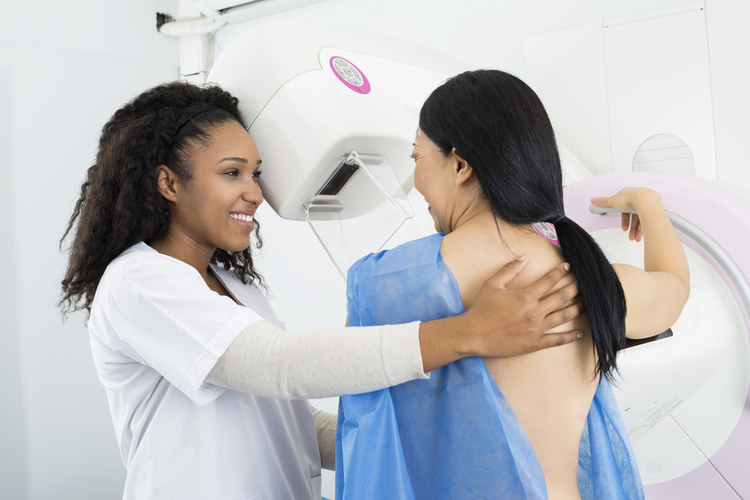Focus on Your Health: Breast Cancer Awareness and Cannabis
October is Breast Cancer Awareness Month. While cannabis can’t cure this widespread—but often treatable—disease, it can do plenty to keep recovery and quality of life on track. We’ll share a little bit about this prevalent condition, and the promise and use of cannabis for breast cancer and its symptoms.
Cannabis for Breast Cancer: The Background
Breast cancer is the most common cancer, and it most often diagnosed in women and a small number of men. While any cancer diagnosis is naturally alarming, it’s important to know that many forms of breast cancer are treatable. As with any cancer, early diagnosis is the best way to facilitate effective treatment and recovery. If you’re not already familiar with the disease and its symptoms, a good place to begin your education is with the Mayo Clinic website.
Outside of the standard allopathic (or “Western”) medical interventions, there are a great many alternative approaches to treating the disease. We can’t vouch for any of them, as each person’s treatment and recovery depends in large part upon their personal beliefs and trust in their doctor or other clinician. It’s important to state that so far as we know, cannabis is not a cure for cancer.
That said, there’s definitely a role for cannabis for breast cancer when it comes to addressing its symptoms and the side effects of treatment. Let’s talk about a few of them.
Cannabis for Breast Cancer: Help for Symptoms and Side Effects
Unfortunately, the current first-line treatments for breast cancer—which include chemotherapy, radiation, and surgery—often entail some degree of discomfort. Whether it’s post-surgical pain, nausea, loss of appetite spurred by chemo, or other symptoms, it’s likely there will be some unpleasant sensations associated with treatment and recovery.
Thankfully, cannabis is coming into increasing use as a safe, gentle, and effective remedy. Here are some of its main uses specifically for breast cancer:
Pain Relief: Numerous studies support the use of cannabis for pain management. Both THC and CBD—the major cannabinoids or “active ingredients” in cannabis—help us address pain, in different ways. What’s more, cannabis is objectively far safer than the opioids frequently prescribed for pain. Finding the perfect dose usually entails a little trial and error, but once you’ve “self-titrated” to the optimal dose, cannabis is a gentler and sustainable approach to managing pain and discomfort. That’s why we always recommend our that our patients “start low, and go slow”.
Nausea and Loss of Appetite: Whether they’re associated with cancer or caused by its treatment, nausea and vomiting are among the most unpleasant and debilitating effects of cancer, affecting about 50% of people with the disease.
Cannabis has been prescribed for nausea for thousands of years to treat a variety of different ailments. In addition to having mild anti-emetic qualities, the sedation and euphoria associated with high-THC strains can be an effective counterbalance to queasiness.
Cancer treatment sometimes causes a loss of appetite. Because cannabis is an appetite stimulant—yes, the “munchies” are real—it’s an effective way for cancer patients to keep up their vital strength and body weight.
Quality of Life: One very important (but often overlooked) factor in recovery is patients’ overall quality of life. Whether you enjoy THC’s pleasant psychoactivity (the “high”) or prefer CBD’s non-psychoactive antidepressant and antianxiety qualities, the use of cannabis can improve the experience of cancer treatment and help offset its more unpleasant side effects.
Cannabis for Breast Cancer: Can it actually cure cancer?
So far as we know, cannabis doesn’t cure cancer. There is reason for hope: preliminary research indicates that some cannabinoids do fight cancer cells in laboratory conditions, as this article details, though more research is needed to determine its efficacy.
That said, we’d like to caution anyone looking for short-term solutions. In the meantime, we can state with confidence that cannabis is an effective and useful way to manage the symptoms and side effects of breast cancer treatment.

